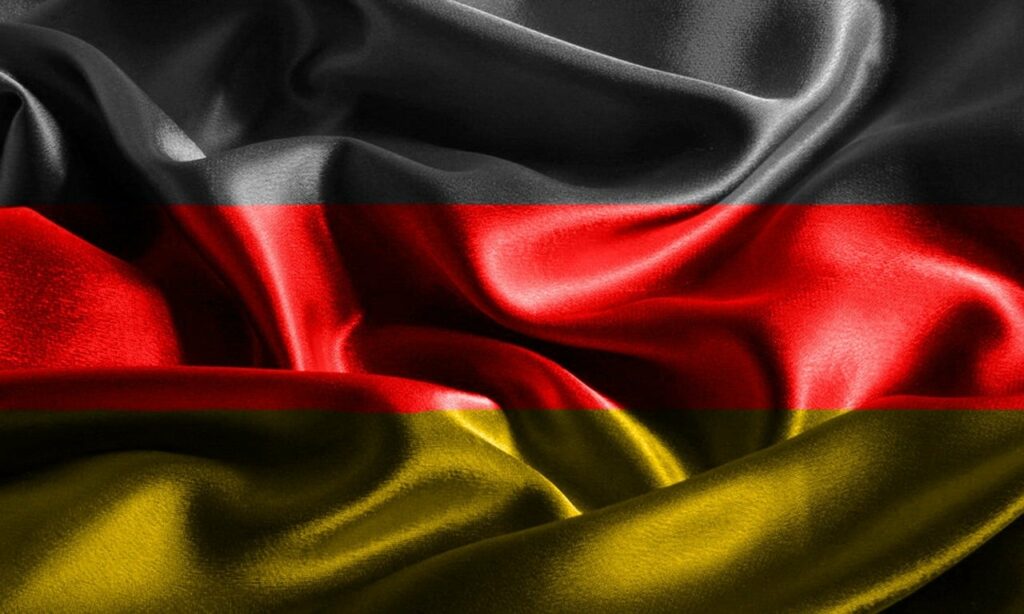German Federal Network Agency has approved the core hydrogen network plan submitted by transmission network operators.
This approval marks the end of an intensive planning phase and clears the way for building the extensive hydrogen infrastructure that will connect key hydrogen production and consumption sites across the country.
The core network will span 9,040 kilometers, with approximately 60 percent converted from existing natural gas pipelines, and the rest newly constructed. By 2032, it is expected to have an input capacity of 101 GW and output of 87 GW. This network is designed to enhance Germany’s industrial competitiveness and support its decarbonization efforts.
Ministerial Support
Robert Habeck, the German Minister for Economic Affairs and Climate Action, emphasized the importance of the core network in securing Germany’s economic future and ensuring successful hydrogen expansion. The approved infrastructure provides planning certainty for all stakeholders, ranging from domestic and international hydrogen producers to power plant operators and industrial users. This approval allows for a rapid transition from planning to implementation.
The hydrogen network will be developed in phases, with initial pipelines becoming operational as early as 2025. The project aims to meet a growing demand for hydrogen, much of which will be supplied through imports, with thirteen cross-border points into neighboring European countries. Network operators plan to invest 18.9 billion euros by 2032, starting with the conversion of existing gas pipelines deemed unnecessary for natural gas transport.
All projects scheduled post-2028 will undergo review and potential expansion based on market necessities. The move showcases Germany’s leadership in European energy transformation. The first integrated development plan is due for approval by 2026, solidifying the path forward for a comprehensive gas and hydrogen infrastructure
